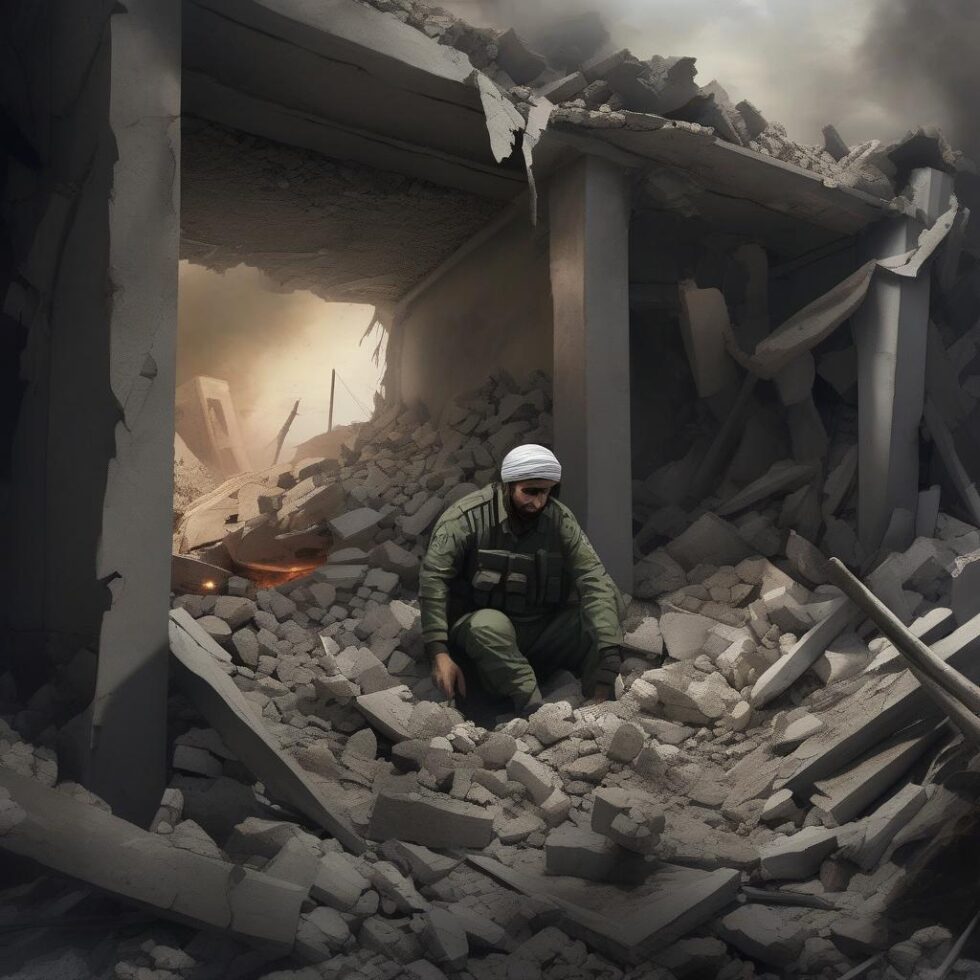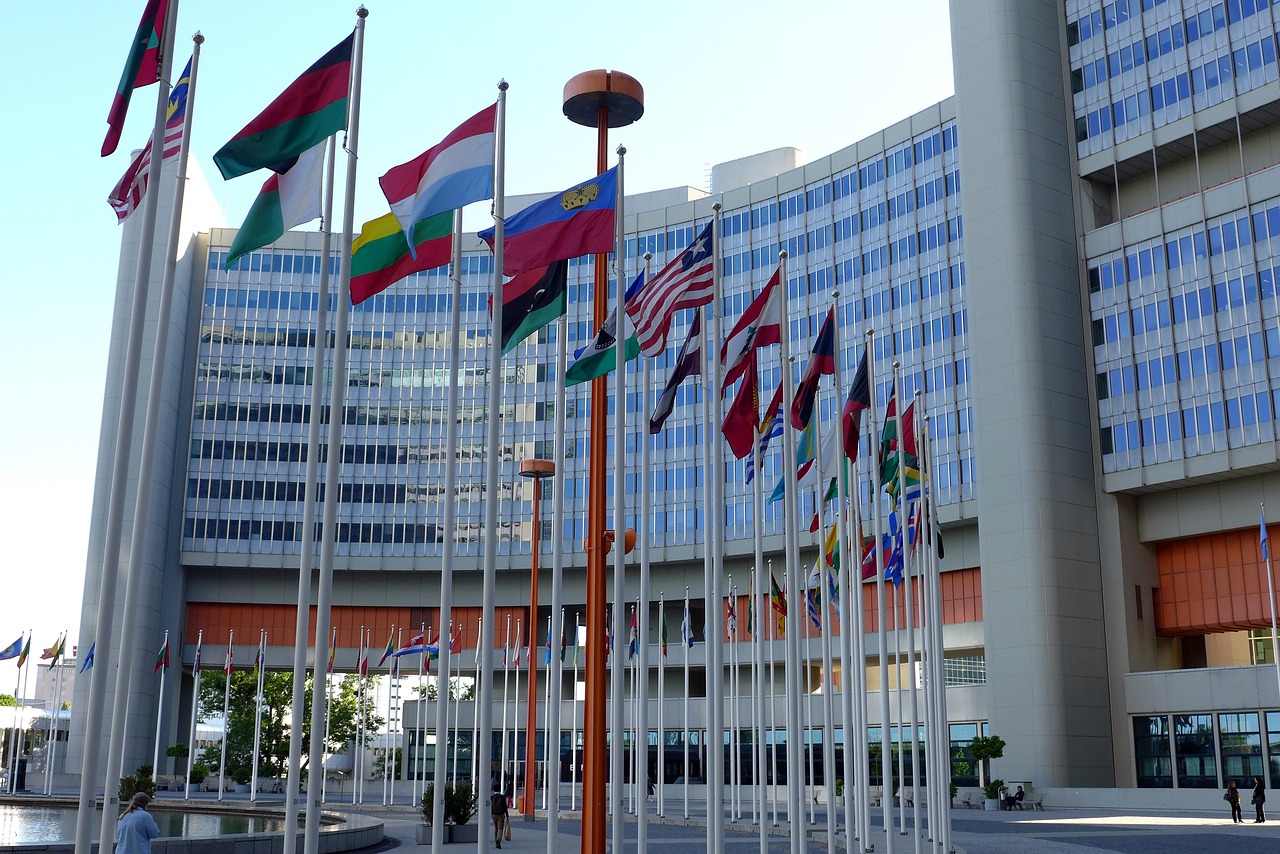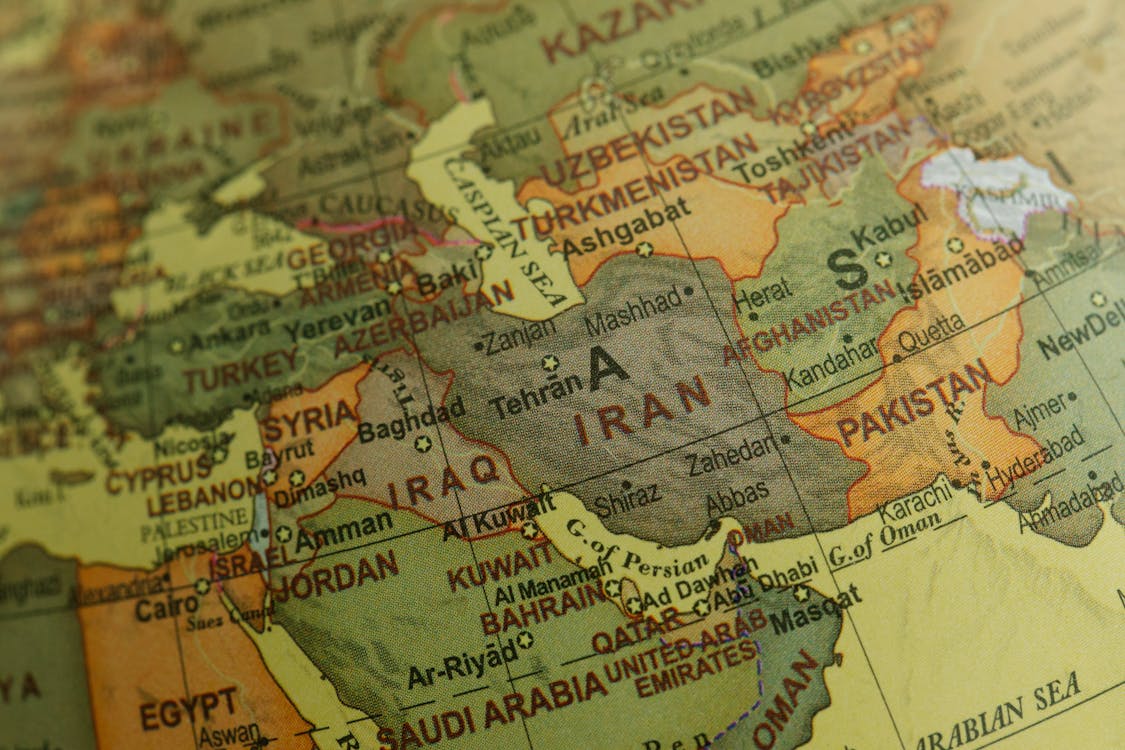
Hamas is waging a modern cognitive war against Israel by blackmailing and murdering innocent Palestinians. Palestinians and Hamas must be separated. But a twist is afoot, and Russia could benefit from it.
In WWII, Germany, Italy, and Japan completely surrendered. Their admission of utter defeat allowed them to rebuild these nations away from the toxic fascist ideology. War criminals were punished, and the countries went through a painful process of self-reflection, penance, and what we may bluntly call “re-education” for past collective wrongdoings.
In theory, the Israeli goal is to obtain the liberation of the hostages and Hamas’ complete surrender. This could lead to the punishment of war criminals, Palestinian self-reflection, penance, and “re-education.”
Yet, despite a level of material defeat exceeding that suffered by Germany, Italy, or Japan in WWII, Hamas refuses to surrender. It continues to inflict suffering on its population that is entirely avoidable and unnecessary.
It’s like Japan had refused to yield after the nuclear bombs on Hiroshima and Nagasaki, hiding the emperor and government in some tunnel, and gleefully waiting for the American extermination of the Japanese people to prove that Americans were evil and Hideki Tojo (Japan’s supreme commander) was morally right. Would the death of millions more Japanese be Tojo’s fault or the Allies’? To avoid further suffering, Tojo surrendered—which is more than can be said for Hamas’ leaders.
But the issue is not just black and white. It’s both subtle and profound in its examination of the ethics of war. War is ghastly, but without some ethical behavior, it would be even worse. Hamas is playing in that grey area. It understands and firmly clings to a realization: the responsibility for its dead can be blamed on Israel, regardless of, and hiding Hamas’ own responsibility.
Hamas would prefer the extermination of two million Palestinians in Gaza over capitulation. It can use these deaths as an anti-Israeli rallying cry worldwide. It is irrational in modern terms—are you going to kill your people to affirm their rights?—but perfectly logical in an absolute religious war, where there are no practical goals but the total extermination of the enemies—Israel, the Western world – and the subjugation of a billion ordinary Muslims. In this context, Israel’s moral smearing, painting it as “genocidal,” becomes a necessary step.
Hamas does it because it controls not just 20 surviving Israeli captives but also holds two million Palestinians hostage. It has a grip on the two million Palestinians through a complex web of aid, welfare, and brainwashing with radical religious propaganda. Palestinian families are required to supply youths to their militia; the kids are paid for their service, and families are compensated if they are killed. Hamas monopolizes all resources in Gaza and redistributes them as it sees fit.
In this way, all Palestinians in Gaza are both Hamas’ accomplices and disposable detainees, to be killed at will depending on the needs of the murderous leaders. Ordinary Palestinians are caught in a grand-scale “Stockholm syndrome”—prisoners of a robbery siding with the robbers against the police that wants to free them.
A precedent for this strategy of using one’s people as hostages occurred in the late 1990s with North Korea. Pyongyang used a famine—caused by its policies—to demand international aid. Rice was sent to Pyongyang, then sold on the black market, with proceeds used to finance its military. The people were left starving to death.
Spring a Trap
Israel is in a vise. If it kills all Gaza Palestinians because they are Hamas’ accomplices, it will reinforce Hamas’ accusations of Israeli genocide. If it stops without eradicating Hamas, within five to ten years, Hamas will deploy a larger, more ferocious militia against Israel and the West. Either case is damning and has unfathomable consequences.
This is the real grand trap Hamas set with the October 7 attack—an act of homicidal ancient barbarity, spun in the age of social media and cognitive warfare.
There are no easy solutions. The leader of the Palestinian Authority (PA), Abu Mazen, asked U.S. President Donald Trump to be involved in negotiations for the future of Gaza. Some Israelis are floating the idea of establishing “humanitarian camps” to help isolate ordinary Palestinians from Hamas militants. Hamas moves within Gaza like fish in water. If you can’t remove the fish from the water—as Mao would say—you drain the water from the fish.
The camps could resemble old Vietnam-era counterinsurgency tactics, brought back into play. They were controversial and challenging to implement.
Israeli specialist Ely Karmon believes the most viable solution is to have a reformed PA supported by Egypt and the Gulf States, gradually taking civilian control, with an international consortium monitoring disarmament of Hamas under the strict supervision of the IDF and Israeli authorities.
These plans suggest that, despite Hamas’ protests to the contrary, the war in Gaza is no longer a military conflict; it has become a matter of public order—something almost for the police, not the army. Iran’s loss in the 12-day war with Israel, the decapitation of most of Iran’s proxies in the region, leaves Hamas more isolated, but not without international appeal.
A new phase of the conflict is emerging: winning back the hearts and minds of the people of the world and the ordinary Palestinians, who are often seen weeping for Hamas. The key is to differentiate as clearly as possible between Hamas and ordinary Palestinians in every sense. Hamas must be deprived physically and communicatively of its hostages—or at least most of them.
This work has long been delayed. So far, communication has been dominated by legitimate humanitarian concerns and a mixture of anti-Semitic and anti-Western voices infiltrating societies worldwide. Some of the anti-Western voices are legitimate (the West is not always right, and it shouldn’t pretend to be), but many are part of a sophisticated new cognitive war waged by Iran, crippled but still alive.
The layers of conflicting messages make it hard to interpret reality accurately. Thus, the anti-Israeli narrative persists, reinforced by a daily dosage of images of rubble and dead bodies.
It’s clear that, regardless of the situation in Gaza, the challenge is far from over. Hamas and its allies are intent on preparing for a new phase of their psychological warfare, which is growing in traction. It can be advantageous to Russia, which is under increasing pressure. Iran is half broken, and the US is rethinking its approach to Ukraine, reopening channels of arms supplies. The two things could weigh heavily on Moscow in the following weeks and months.









